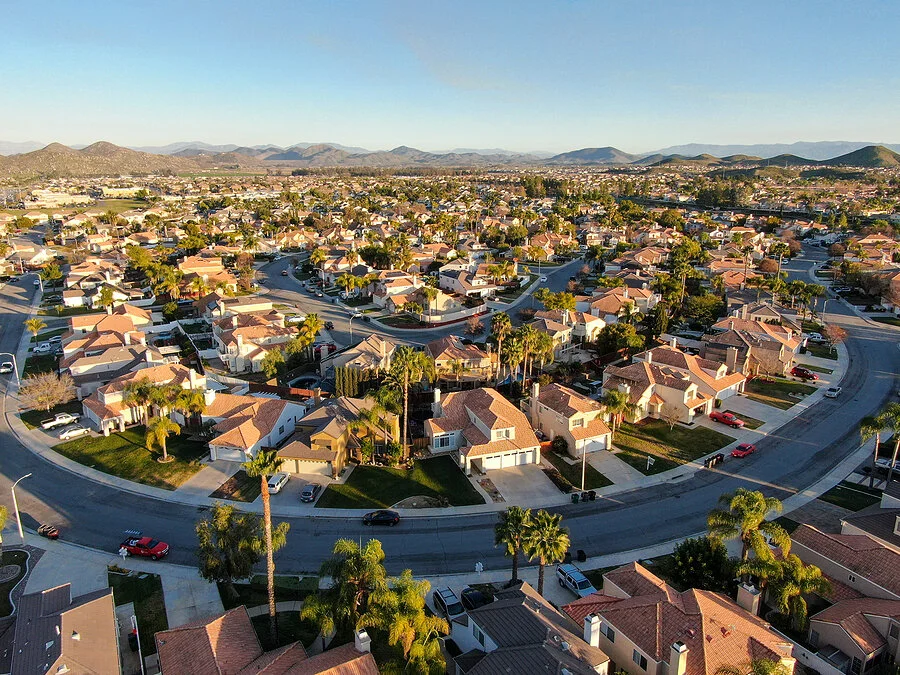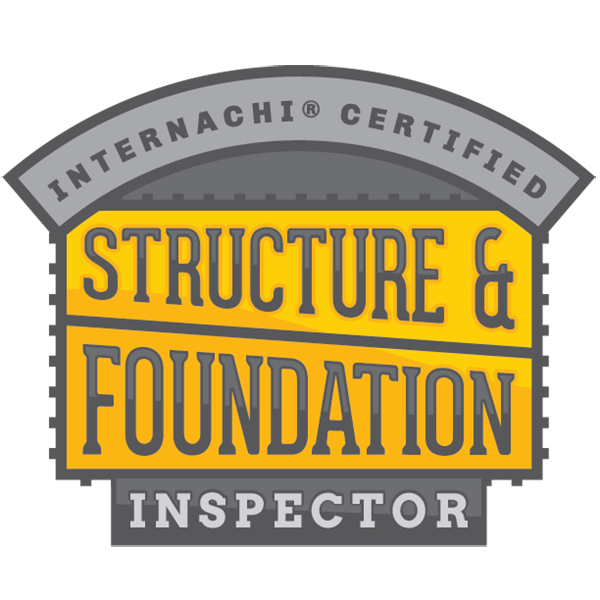A neighborhood is just as, if not more, important to consider when buying a home than the house itself. After all, homes can be renovated and are under your control. Neighbors and neighborhoods are not. Therefore it’s critical to take location seriously. After you’ve done the basic research on a neighborhood, such as seeing its proximity to the important places in your life (schools, work, family, places of worship, stores, parks, favorite restaurants, etc.) it’s time to do a deeper dive. Here are 4 tips on how to research a neighborhood before purchasing a home.
1. If you are able, walk around the neighborhood.
You’ll also want to drive around it as well, but walking gives you a perspective you just can’t get from a drive. So lace up your tennis shoes; a walk allows you more time to notice the little things, like how the neighbors upkeep their yards, whether the streets are well-paved for children to play on, and how safe you feel. For additional safety information, there are many apps and tools you can use to review a neighborhood’s safety. If you are buying a house close enough to walk to your daily locations, see how long it takes you to walk to those places, like your child’s school or your work. Is it uphill? Is there a lot of traffic you’ll have to wade through? In addition, drive your commute during rush hour to see what it’ll be like. Websites like Walkscore are also valuable additions to your research here.
2. Talk to the Neighbors
Even a dream house can be spoiled by the presence of bad neighbors, and a non-dream house can become a beloved home through the presence of good neighbors. Don’t be afraid to speak to neighbors (using proper precautions and common sense, of course). They may know things about the house you’re looking to buy that the seller hasn’t disclosed. Their attitude towards the sellers and towards you can also tell you whether they’re going to be good company, or you should avoid them. If they speak negatively about the sellers, you might inherit a war that you don’t want. Ask them questions about the best and worst things in the neighborhood, the homeowners association, and the area.
3. Property Values
Look at the property values of the neighborhood, which will help you in the long-run when you sell the house one day. It’ll also give you more of an idea about the state of the neighborhood and neighbors. This can be done with help from your real estate agent and/or by looking at Zillow and other real estate websites at recently sold homes in the area. And don’t forget to consider the property taxes.
4. Odds and Ends: Getting Excited About a New Neighborhood
While safety, property values, and nosy neighbors are all important things to look at in your neighborhood search, don’t forget the little things that make a place a home. Does the neighborhood have a clubhouse you can enjoy? Is the city-wide art festival just a few streets over? Where does your future next-door neighbor like to get coffee? How’s the weather? Be open to new experiences, to getting advice and insight from neighbors, and being ready for surprises when you move in.
It’s impossible to know everything about a neighborhood before moving in. Some things will have to be left to chance. But with due diligence, you can make a wise and empowered decision to give you the best chance for success.






